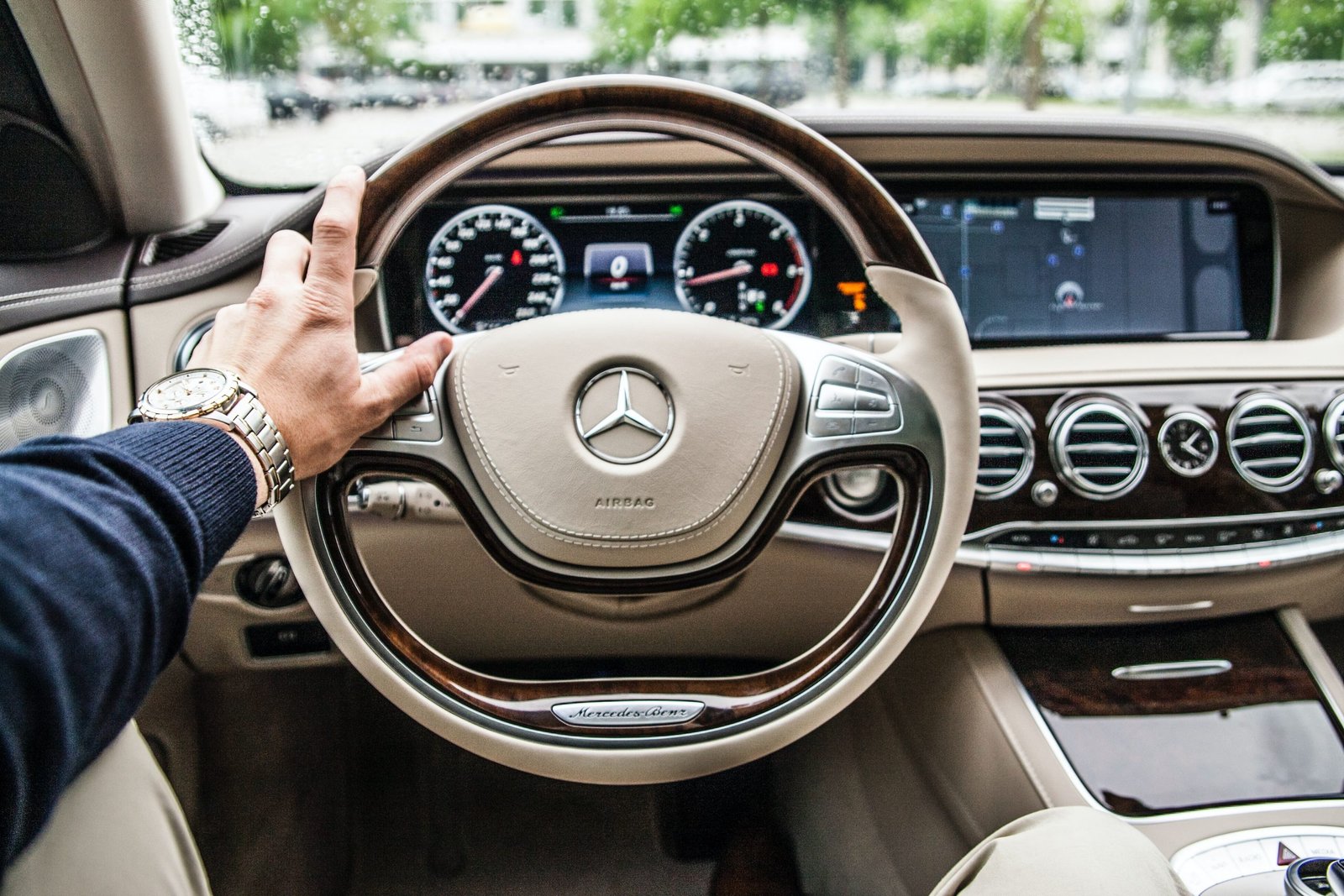Here’s a scenario that anyone is likely to get into: you’re driving home after a long day, eager to kick off your shoes and relax.
Suddenly, another car swerves into your lane, and – BAM! – you’re in an accident. The adrenaline kicks in, heart pounding, hands shaking.

You step out of the car to assess the damage and speak with the other driver, but instead of a calm conversation, you’re met with hostility. The other driver is shouting, refusing to exchange information, and things are quickly escalating. What now? Unfortunately, this is far more common than you’d like, and it’s not something that is addressed often! This is even more challenging if it’s your first-ever car accident. It’s not even about knowing the worth you’ll get in the case, but you’re just trying to do the basic steps after a car accident happens. So, with that said, here’s what you can do.
Stay Calm and Assess the Situation
The first and most crucial step is to stay calm. Now, obviously, emotions can run high after an accident, especially if the other driver is aggressive. So, just go ahead and take a deep breath and focus on keeping your composure. Your safety is the priority here. Go ahead and quickly check yourself and any passengers for injuries (if you’re not alone). If anyone is hurt, call 911 immediately to get medical assistance.
Call the Police
When the other driver is uncooperative or aggressive, it’s essential to call the police right away. For the most part, you’re supposed to already do this, but it helps to escalate the situation. So, go ahead and inform the dispatcher about the accident and the other driver’s behavior. As you know, police officers are trained to handle such situations and can help mediate the exchange of information. Their presence can also deter further aggression and ensure that the incident is documented accurately.
Document Everything
While waiting for the police to arrive, start documenting the scene. Use your smartphone to take photos of the damage to both vehicles, the license plates, and the surrounding area. If there are any witnesses, politely ask for their contact information and a brief statement of what they saw.
This evidence can be invaluable when dealing with insurance companies and, if necessary, legal proceedings. But here’s something else to think about: there might be a chance that the other driver will get aggressive that you’re taking photos or documenting; for safety, you may need to record it (in case your car insurance company asks any questions), but keep in mind in some states, you need permission to film. Basically, record what you can.

Do Not Engage in Arguments
Needless to say, engaging in arguments with an aggressive driver can escalate the situation and put you at risk. Try and maintain a neutral and non-confrontational demeanor. If the other driver tries to provoke you, do not respond with anger. Instead, focus on gathering the necessary information and let the authorities handle the confrontation. Remember, your safety is the most important thing.
Exchange Information Once It’s Safe
Now, this is a big if, but you’re better off waiting for the police to arrive. If the situation calms down and it’s safe to do so, exchange information with the other driver. You’ll need their name, address, phone number, driver’s license number, license plate number, and insurance information. If the other driver refuses to provide this information, note down their license plate number and any other details you can. The police report will also contain this information, which can be obtained later.
Contact Your Insurance Company
As soon as possible, report the accident to your insurance company. Provide them with all the details, including the police report number, photos, and witness information. It’s best to also inform them that the other person was aggressive and you tried to take what documents that you could. Remember to never speak with the defendant’s insurance company without the presence of a car accident lawyer.
Seek Medical Attention
Even if you feel fine immediately after the accident, it’s a good idea to see a doctor. Some injuries, like whiplash or concussions, might not show symptoms right away. Plus, most car insurance companies expect this, too.
Follow Up on the Police Report
You’ll need to obtain a copy of the police report once it’s available. Uusally within a couple of days it is, and make sure you check the accuracy of it too.
Consider Legal Advice
If the other driver’s aggression continues to be a problem or if there are disputes about liability, consulting a car accident lawyer might be a good idea. Chances are pretty high that they’ve had clients who also had to deal with hostility and a lack of information from the other driver.
Don’t Forget to Protect Your Mental Health
Needless to say, being in a car accident and dealing with an aggressive driver can be traumatic. Who knows what could have happened, and that’s honestly the scary part of it all. So, it’s essential to take care of your mental health after such an incident. It’s totally okay to talk to someone about this because it is honestly a tough situation; people are supposed to work together after a car accident, not fight or make threats.






